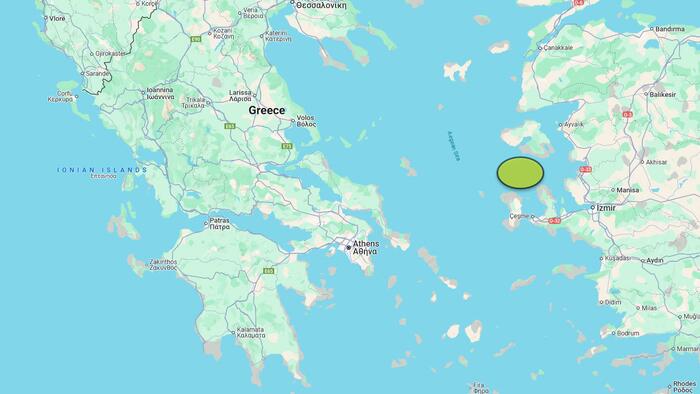For the past three years, the practice of Ship-to-Ship (STS) transfers has gained prominence among tankers transporting Russian crude oil, often in direct violation of western sanctions. These illicit transfers typically occur in the open sea, away from western surveillance and the watchful eyes of hostile coast guards. The method allows the involved parties to obscure the origins of the oil through secretive operations, often disabling or falsifying digital tracking beacons. This tactic introduces an additional layer of separation between the buyers and sellers, effectively complicating enforcement efforts and enabling the illicit trade to avoid detection.
The shifting dynamics of these transfers reflect the changing landscape of enforcement. Recent reports indicate that STS activities have migrated to new hotspots, particularly off the coast of Greece, following the Greek navy’s naval drills aimed at disrupting previously common sites for these operations. The Aegean Sea, particularly around the islands of Lesbos and Chios, has seen a significant uptick in the clandestine switching of Russian fuel cargoes, with analytics firm Vortexa estimating that around 1 million barrels of petroleum products are being exchanged in the region each month. This strategic transition is indicative of the continuous adaptation to enforcement efforts, as the industry seeks to evade detection.
Environmental concerns have risen alongside the increase in STS activity. The safety and insurance of vessels engaged in these covert operations are now under scrutiny, prompting questions about the potential ecological impact of such practices. The surge in ship-to-ship transfers not only suggests a blatant disregard for western sanctions but also raises alarms about the broader implications for maritime safety and environmental protection. The situation underscores the complexities of maintaining oversight and enforcement in the face of evolving smuggling tactics and growing noncompliance with international agreements.
While the recent naval drills in the Laconian Gulf have deterred some STS activities, the overall impact has been limited. The area has seen reduced transfer rates, but operations continue in a narrowly defined stretch of water left unaffected by the drills. Moreover, the Italian port of Augusta has emerged as another key location for Russian oil transfers, particularly since May 2023, indicating that the efforts to curb STS activities are yielding mixed results at best. The situation emphasizes the persistent nature of the illicit trade and the constant ingenuity of those involved in circumventing sanctions.
Beyond the European theaters, the scale of STS operations is magnified in other parts of the world, notably near the Malaysian peninsula, which has become the largest gathering point for what is referred to as the “dark fleet.” These operations involve the regular transfer of millions of barrels of Iranian oil to vessels bound for China, all occurring in blatant disregard of international sanctions. This illicit trade not only fuels China’s economy but also illustrates the global dimensions of the sanctions evasion landscape. The stark contrast between the enforcement attempts in Europe and the unabated activities near Malaysia highlights the challenges faced by authorities in addressing multifaceted and international aspects of oil smuggling.
In summary, the ongoing use of Ship-to-Ship transfers for Russian crude oil and the rising STS activities across various global regions reveal a resilient and adaptive network dedicated to circumventing sanctions. Despite intermittent governmental efforts and naval drills to disrupt these operations, the dynamic nature of the smuggling trade continues to find avenues for evasion. With safety and environmental concerns mounting alongside this illicit activity, the situation calls for an urgent reconsideration of strategies to address and counter the evolving challenges in international oil trade and sanctions enforcement. The continuous evolution of these practices signifies not only the complexities of geoeconomic strategies but also the pressing need for coordinated global efforts to address the ramifications of such activities on international relations and environmental integrity.

